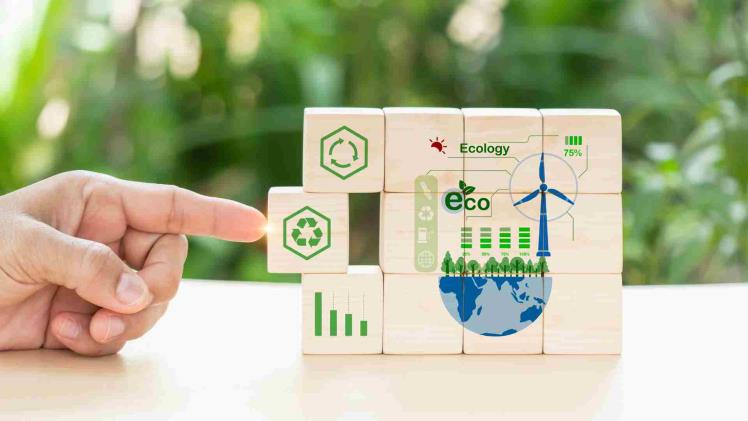In a world where environmental concerns and social responsibility take centre stage, businesses and organizations are increasingly turning their attention to sustainable development. This article explores practical strategies for sustainable development, shedding light on the fundamental principles and actionable steps that pave the way for success.
Embracing Sustainable Practices
Defining Sustainable Development
At the fundamental level, sustainable development entails fulfilling the requirements of the current generation without risking the capacity of future generations to meet their own requirements. This comprehensive approach takes into account economic, social, and environmental aspects, aiming for equilibrium to guarantee long-term sustainability.
Strategies for Sustainable Development in Business
-
Implementing Green Technologies
- Integration of renewable energy sources
- Adoption of energy-efficient technologies
-
Waste Reduction and Recycling
- Establishing effective waste management systems
- Promoting recycling initiatives within the organization
-
Corporate Social Responsibility (CSR) Programs
- Engaging in community-focused projects
- Supporting social and environmental causes
-
Sustainable Supply Chain Management
- Partnering with suppliers committed to sustainability
- Implementing ethical sourcing practices
The Business Case for Sustainability
Contrary to the belief that sustainable practices may incur additional costs, numerous studies show that businesses embracing sustainability outperform their counterparts. From increased brand value to improved stakeholder relations, the benefits of sustainable development are multifaceted.
Employee Engagement and Retention
Sustainable development strategies resonate with employees, especially the younger generation, who value purpose-driven work. Companies that actively engage in sustainability initiatives often have higher employee satisfaction and retention rates.
Overcoming Challenges in Sustainable Development
Balancing Profitability and Sustainability
A common challenge in sustainable development is striking a balance between profitability and environmental responsibility. However, successful businesses find innovative ways to align these objectives, proving that sustainability and profitability can go hand in hand.
Building a Sustainable Culture
Creating a sustainable culture within an organization needs a shift in mindset and a commitment from leadership. Overcoming resistance to change and instilling a sense of responsibility among employees are essential steps in building a sustainable organizational culture.
Innovations in Sustainable Development
-
Technological Advancements
- The role of advancing technology in sustainable solutions
- Innovations such as blockchain for transparent supply chains
-
Circular Economy Practices
- The concept of a circular economy and its impact on sustainability
- Examples of businesses successfully implementing circular economy principles
The Importance of Measurement and Reporting
-
Key Performance Indicators (KPIs)
- Identifying and tracking relevant KPIs for sustainable development
- The significance of transparent reporting in building trust with stakeholders
-
Certification and Standards
- The role of certifications in verifying sustainable practices
- Overview of widely recognized sustainability standards
The Role of Government Policies
-
Incentives for Sustainable Practices
- Government initiatives encouraging sustainable development
- The impact of regulatory frameworks on business sustainability
-
Global Collaborations
- The significance of international cooperation toward addressing global sustainability challenges
- Participation in global sustainability agreements and partnerships
As businesses navigate the path to sustainable development, it’s evident that strategies must be dynamic, evolving with technological advancements, societal expectations, and regulatory changes.
Partnering with Reputable Energy Brands
While implementing strategies for sustainable development, the choice of energy partners becomes crucial. Partnering with reputable energy brands ensures that businesses not only meet their sustainability goals but also contribute to a cleaner and more sustainable future.
Reputable energy brands offer cutting-edge solutions, from renewable energy sources to energy-efficient technologies. Choosing the right partner aligns with the overall commitment to sustainable development and reinforces the optimistic effect businesses can have on the environment and society.
Embark on the journey of sustainable development, integrate innovative strategies, and forge partnerships with reputable energy brands to create a future where economic success harmonizes with environmental and social responsibility.





